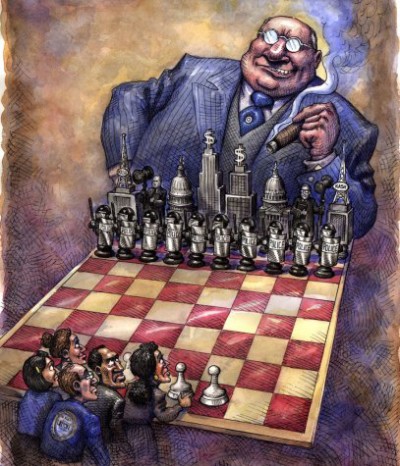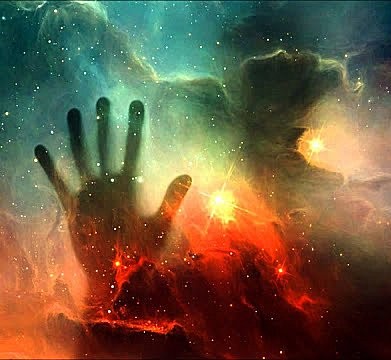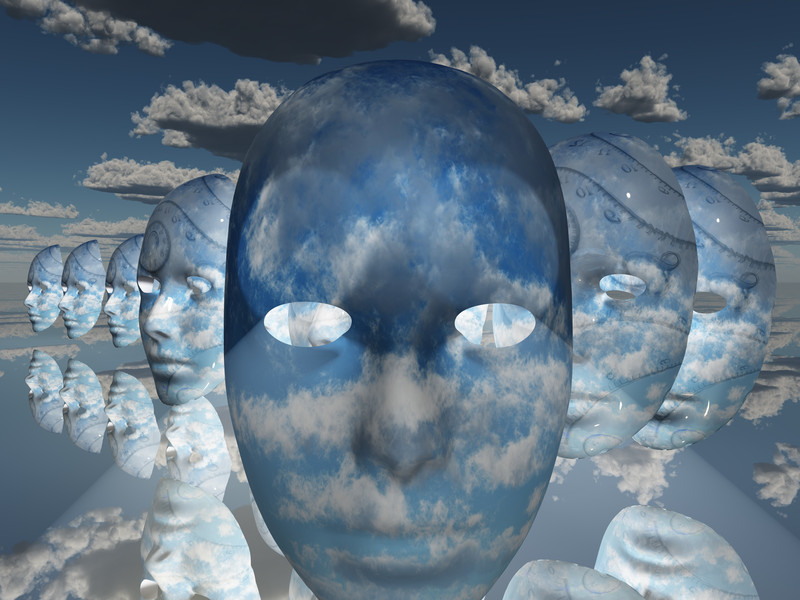I had a revealing conversation with a couple of millennials recently. Best friends, one a father of two young children and the other soon to be a father, they are nurses in the emergency room of the local hospital. Both are smart, well informed young men in their early 30’s. And both feel hopeless, helpless and depressed about the human prospect.
 One of them, an avid student of American history, spoke of his youthful patriotism after 9.11, and the disillusionment and depression that followed in his 20’s. He cited a pivotal book that helped change his worldview, “Confessions of an Economic Hit Man,” by John Perkins. It’s a devastating, believable account of manipulation of foreign governments and nations to open markets for the United States.
One of them, an avid student of American history, spoke of his youthful patriotism after 9.11, and the disillusionment and depression that followed in his 20’s. He cited a pivotal book that helped change his worldview, “Confessions of an Economic Hit Man,” by John Perkins. It’s a devastating, believable account of manipulation of foreign governments and nations to open markets for the United States.
“I think half the human population is going to wiped out,” Mark said as he showed me his very diverse and productive garden taking up their entire backyard. He then spoke of his pregnant wife, and how good a cook his mother-in-law visiting from India is. I felt a pang of sorrow.
The greatest question of our age, and perhaps any age, is whether only darkness is operating in human consciousness.
The existence of man-made, intentional darkness (aka evil) is beyond reasonable doubt. With negation of thought/time in methodless meditation, the existence of intelligence beyond the mind of man (without implying a creator, purpose or goal) is also beyond reasonable doubt.
The question is: Is the immanent intelligence that imbues nature and the universe operating in human consciousness? Or is Intelligence either completely indifferent to the fate of humanity, or humans are incorrigible and cannot receive and integrate it?
The shibboleths of progress and perfectibility that liberals maintain, and the shibboleths of tradition and institution that conservatives revere no longer hold animating power for the human heart and imagination.
True hope, if there is such a thing, is not to be found in either direction—the future or the past—but only in the possibility of bringing about a creative explosion in the present.
If a revolution in consciousness is not possible at the present time, then I think my millennial friends, who typify and exemplify their generation, may be correct in their dim view of the human prospect. (I didn’t ask why they were having children.)
The vast bulk of human history is prehistory, the unwritten epoch of tens of thousands of years during which things didn’t appear to change at all, and had no discernable pattern.
Then, with the Agricultural Revolution and the discovery of writing, the pace quickened and patterns in history became discernable. History’s gyre greatly intensified and quickened during the Industrial Revolution. To most thinkers, ‘man’ appeared to be ascending, for example Jacob Bronowski’s “The Ascent of Man,” or earlier and more metaphysically, Teilhard de Chardin’s Omega Point.
With the Digital Revolution of our time, technologists and futurists became even more credulously enamored with humankind’s scientific knowledge and technological advances, even as man’s ecological fragmentation and societal disorder increased in direct proportion.
Which view is accurate—ascent or descent, evolution or devolution, progress or regress?
Unlike the upward spiral of de Chardin and Bronowski, my view of the overall arc of human history is of an inverted, quickening and tightening spiral of growing fragmentation, disorder and darkness. That doesn’t mean things are hopeless however.
The human species appears to be nearing a completely different kind of singularity, having nothing to do with black holes or the merging of human and machine consciousness.
The very idea that history could be a downward spiral psychologically and spiritually even as it is an upward spiral scientifically and technologically is enough to inspire despondency, if not despair. But humanity’s fate is and always has been in the hands of human beings; it is not some unknowable mystery in the hands of some self-projected god.
At bottom it may be a matter of faith. The question of faith is not about the existence of God. An immanent intelligence beyond the mind of man is beyond reasonable doubt for any self-knowing human being.
The question of faith turns on the question of whether cosmic intelligence has any relationship with the present and future of humanity.
By this definition, my faith often falters. It isn’t enough for us to awaken intelligence within ourselves if man’s self-made darkness continues to grow and dominate human consciousness.
Faith in humanity is the only faith that really matters. That faith is being sorely tested in these dark times.
Martin LeFevre

